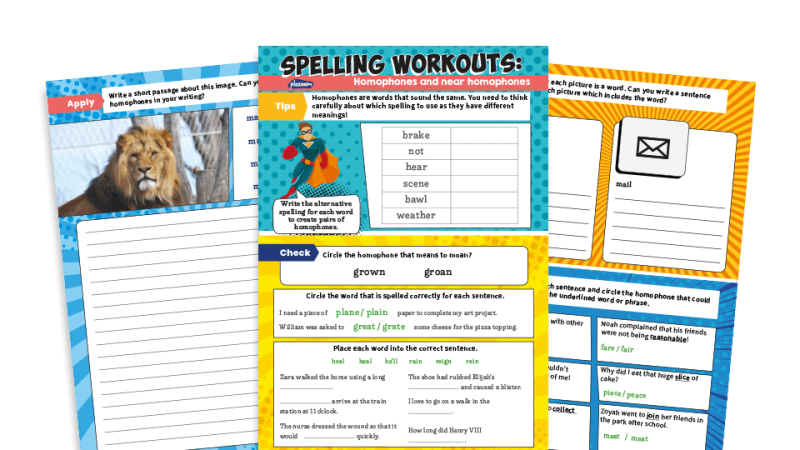A Poem For An Overworked Faculty Member – An Ode To The Photocopier

Few would admit to teaching by worksheets, but it’s worth checking whether they’re more prominent in your lessons than you think

- by Mick Waters

In the class Of Mr Pass, The children sat in groups of seats And filled in all their printed sheets.
Then they stuck them in their books ‘In case a school inspector looks. We’re aiming here for excellence So what we need is evidence.’
In the class of Mr Pass Hardly any words were spoken Until they said, ‘The copier’s broken!’
Said they to him, ‘What shall we do? We have no printed sheets to glue’ Said he to them, ‘We can’t just sit and now we have no use for Pritt.’
‘Well, we could sing, or paint, or dance, Or look upon the globe for France, Write poetry or sew and weave Experiment and make believe.
Look at books or study rocks Or learn to the tell the time with clocks Make a model, hatch an egg, Explode a real powder keg.
Use compasses and trundle wheels Grow cress, make cakes, cook healthy meals. Or surf the web, do puppet plays, Play a tune, make pots to glaze.’
‘Do you think you’d learn? Make progress too? Evidence what you can do Without the need to use the glue?’
But then they said, ‘The copier’s mended’ Back to the sheets Ideas suspended!
It does seem that a lot of children spend much of their time completing printed sheets, which they then stick into an exercise book.
If you would like an interesting conversation in a few weeks’ time, audit the photocopying done in school over four weeks. Print as you normally would, but make one extra copy and record the total number of sheets printed on the back of this. Then pop this sheet into the tray next to the printer.
When the test period has finished, do the analysis. How much printing is done per month, per year, per year group, per pupil? How often do the printed sheets take longer for the teacher to produce than for the children to complete? Is the filling in of the sheet stopping the children using skills? Could they, for example, draw their own chart, practising using a ruler. Or would it be better to write in sentences than fill in the missing word?
Would a published workbook be better? Is there a computer programme with the same activity available? And if all the children in the class complete the same sheet, how are we tailoring work to individual needs?
What sort of evidence do the printed sheets give us? Can we see evidence of progression? Where is the progress; is it in learning, literacy, numeracy – or in completing printed sheets?
Are we using photocopied exercises to keep the children busy? Is there other learning that would be more fruitful?
You could read the poem to children and see whether it resonates.
Mick Waters is Professor of Education at Wolverhampton University










